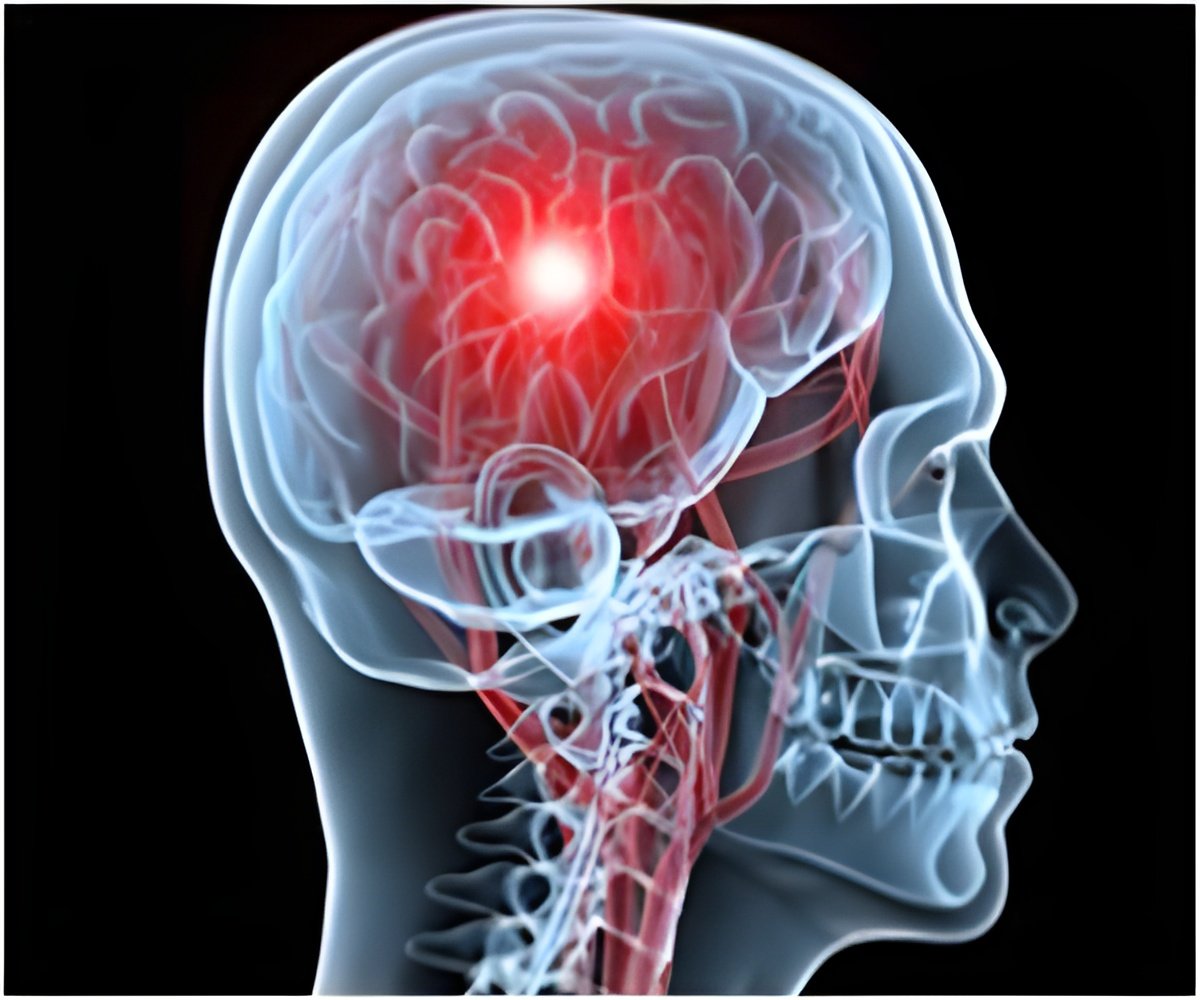
The study, by researchers at the University of Rochester and Columbia University, shows that rhesus macaques have such robust curiosity that they are willing to give up a surprisingly large portion of a potential prize in order to quickly find out if they selected the winning option at a game of chance.
The researchers found the monkeys not only consistently selected the gamble that informed them if they picked a winner right away, but they were also willing to select that option when the winnings were up to 25 percent less than the gamble that required them to wait for the results.
According to the researchers, their study helps to build a broader understanding for how curiosity, information seeking, was processed and rewarded in the brain.
Like monkeys, when curious researchers evaluated what humans be willing to pay, or give up, to satisfy their curiosity, Benjamin Hayden, co-senior author of the study and professor in brain and cognitive sciences at the University of Rochester said.
And in the case of gambling, there was also the potential of a prize to factor in. So when humans make a choice, it depends on the sum of those two things: the gamble (the money you might win), and the value of finding out. And those two things need to be combined in order to make decisions about that gamble.
Advertisement
The study is published in Neuron.
Advertisement









